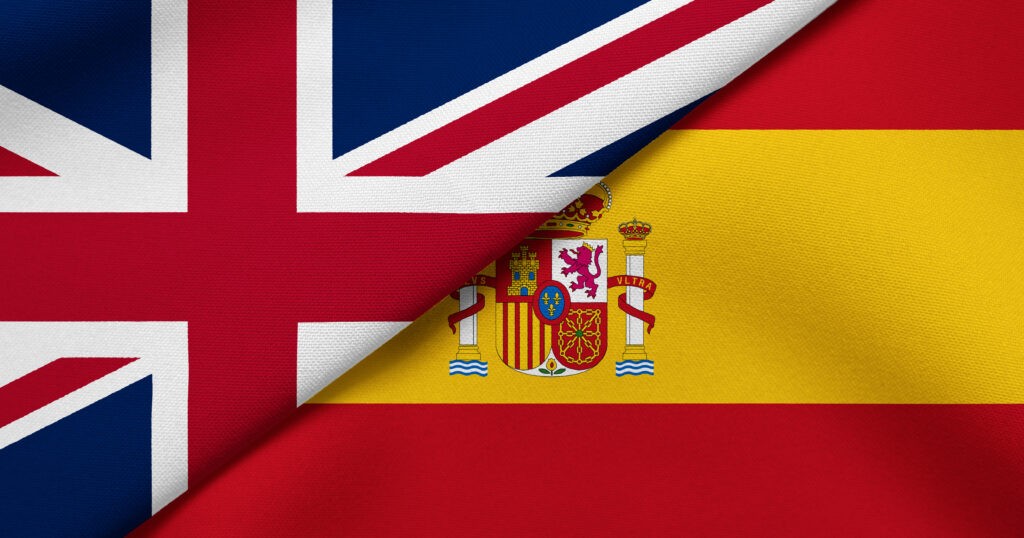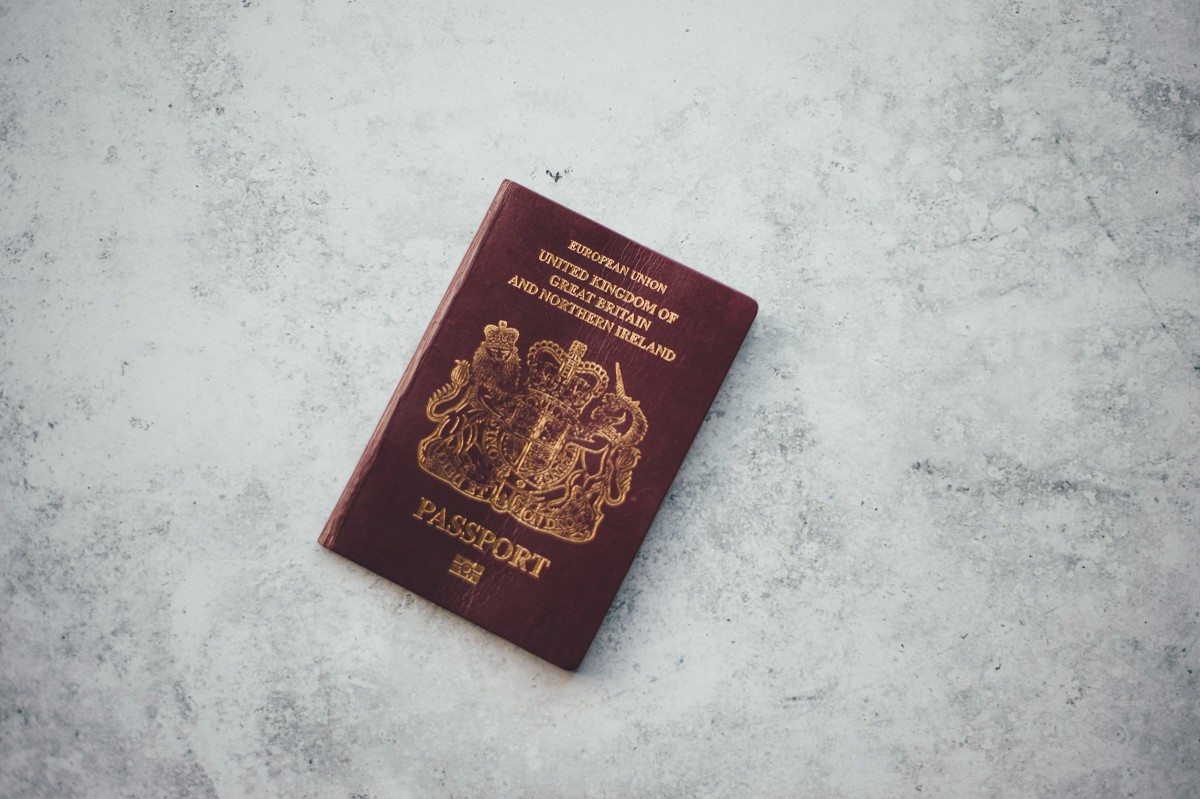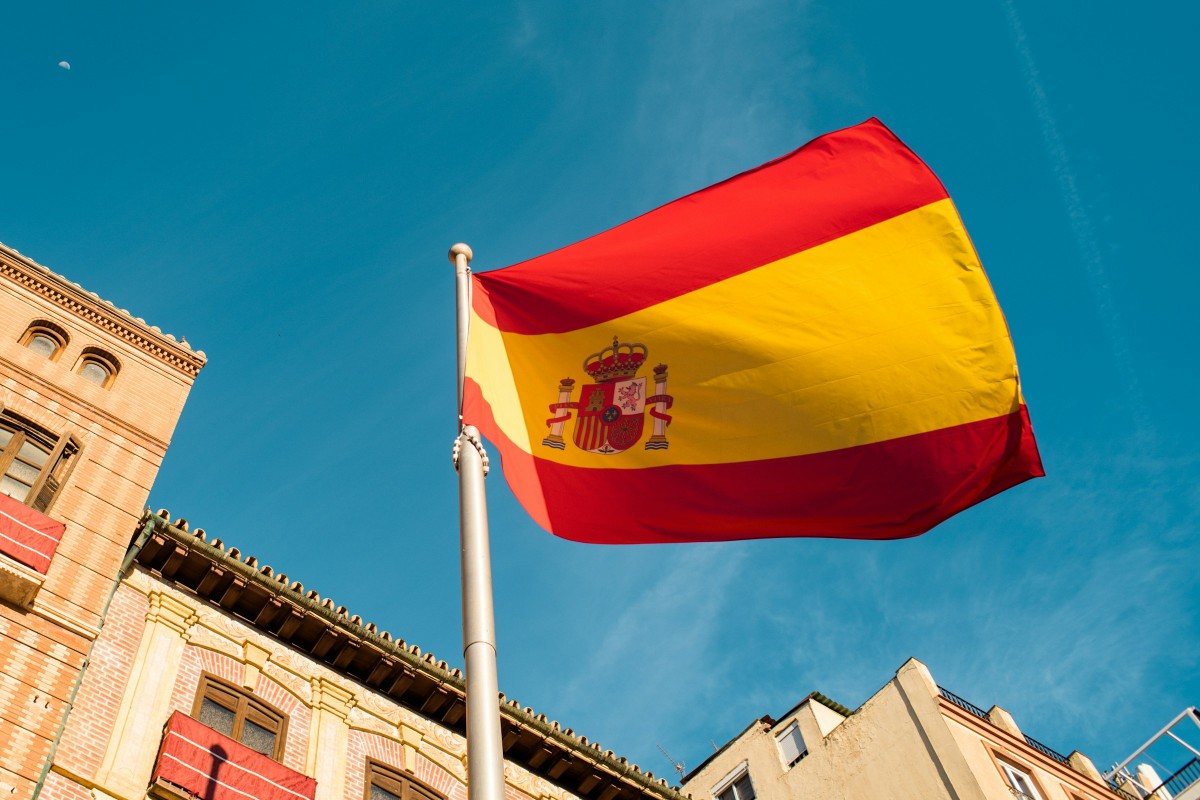
With Brexit reshaping the relationship between the UK and the EU, British citizens looking to reside in Spain must navigate a new set of legal requirements. Understanding the difference between the NIE (Número de Identificación de Extranjero) and TIE (Tarjeta de Identidad de Extranjero) is crucial for a smooth transition. Whether you are planning to retire, work, or invest in Spain, this guide will help you comply with post-Brexit residency rules.
Do UK citizens moving to Spain need a NIE or a TIE?
If you are moving to Spain to live (for more than 90 days), you need a TIE (Tarjeta de Identidad de Extranjero). This is the official residency card for non-EU citizens, including Britons post-Brexit. The TIE serves as proof of legal residency and is required to live, work, or access healthcare in Spain.
However, the NIE (Número de Identificación de Extranjero) is still necessary for financial matters, such as buying property, opening a bank account, or setting up a business. Many people get a NIE first when preparing to move, but they must later apply for a TIE to legally reside in Spain.

What if you are moving from Ireland or Northern Ireland?
If you have an Irish passport, you are still considered an EU citizen, and Brexit does not affect your right to live in Spain. Irish citizens do not need a TIE to reside in Spain. Instead, they can register as an EU resident and obtain a Certificado de Registro de Ciudadano de la Unión (a green residency certificate). This grants the same residency rights as before Brexit.
For those moving from Northern Ireland with a British passport, the post-Brexit rules apply, meaning a TIE and appropriate visa are required for stays over 90 days.
What is the NIE?
The Número de Identificación de Extranjero (NIE) is a tax identification number required for non-Spanish residents who wish to engage in financial activities in Spain. This includes:
- Purchasing property
- Opening a bank account
- Setting up a business
- Signing employment contracts
While the NIE is essential for administrative and economic activities, it does not grant residency rights.
Find out how to get a NIE number in Spain.

What is the TIE?
The Tarjeta de Identidad de Extranjero (TIE) is a biometric residence card that confirms a non-EU citizen’s right to reside in Spain. Post-Brexit, UK citizens must obtain a TIE if they wish to live in Spain for longer than 90 days in any 180-day period. The TIE replaces the previous green residency certificate that UK citizens could obtain before Brexit.
Key differences between NIE and TIE
| Feature | NIE | TIE |
|---|---|---|
| Purpose | Identification for financial and tax-related activities | Proof of legal residency in Spain |
| Who Needs It? | Non-residents conducting business or financial activities | UK citizens living in Spain for over 90 days |
| Validity | Permanent (does not expire) | Typically valid for 5 years (renewable) |
How to apply for a NIE in Spain
- Book an appointment at a Spanish police station or consulate.
- Complete the EX-15 form (available online or at the office).
- Provide a valid passport and a justification for needing an NIE (e.g., property purchase, job contract).
- Pay the administrative fee (around €10-15).
- Receive your NIE number (usually within a few days to a few weeks).
How to Apply for a TIE in Spain
- Register as a resident at your local immigration office.
- Provide documentation including proof of income, private or public health insurance, and a valid passport.
- Fill out the EX-23 form and submit biometric data (fingerprints and photo).
- Pay the TIE fee (around €12-15).
- Collect your TIE card (typically ready in 4-6 weeks).

Do UK citizens need a visa to live in Spain?
Since Brexit, UK citizens must apply for the appropriate visa if they intend to stay in Spain long-term. Common options include:
- Non-Lucrative Visa – For retirees and individuals with sufficient income.
- Work Visa – For those with a job offer in Spain.
- Entrepreneur Visa: For individuals planning to start a business in Spain.
- Digital Nomad Visa: A special resident permit that allows remote professionals to live in Spain.
Find out more about residency in Spain for non-EU citizens.
Moving to Spain
For UK citizens considering a move to Spain, obtaining the correct documentation is essential. The NIE is necessary for financial activities, while the TIE confirms residency status. Post-Brexit, long-term stays require a visa, and failing to comply with these regulations may result in fines or deportation.
If you’re planning to move to Spain, start your application process early and seek professional legal advice to ensure a hassle-free transition.

Stay in the know about living in Spain as a foreigner—get our weekly newsletter for the latest travel, legal, and lifestyle news.
For a taste of the high life, sign up for the monthly luxury market round-up.
